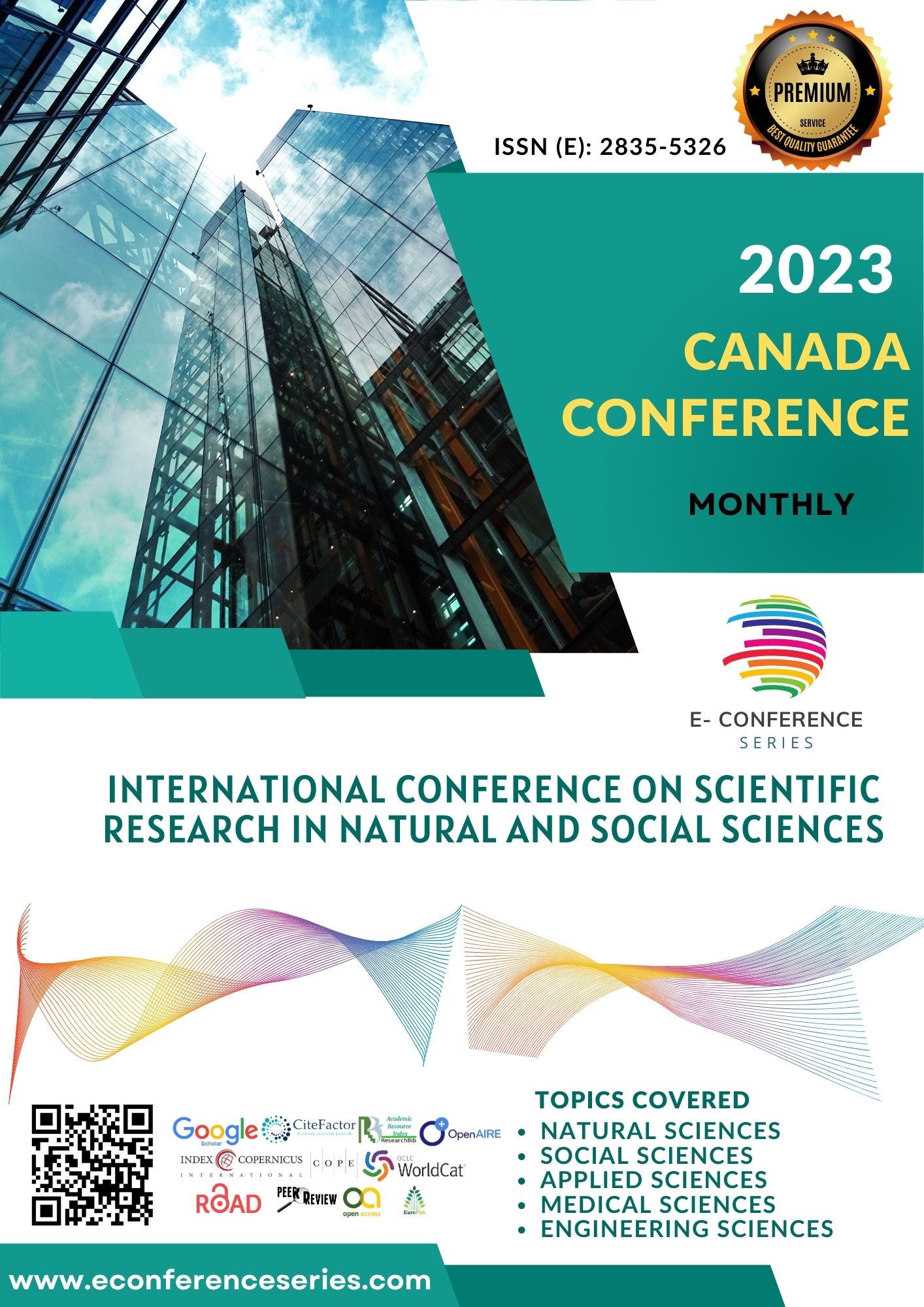TENDENCIES AND INNOVATIONS IN ENGLISH LANGUAGE SKILLS ASSESSMENT: COMMUNICATIVE AND PRAGMATIC APPROACHES
Keywords:
assessment, approach, technique, objective, subjective, test, model, education, learning, instruction, communicative, pragmatics, reliability, validity, level, proficiency, ability, criterion-referenced, task, summative, formative, authentic, function, practice, category, EFL, ESL, practicalityAbstract
The article discusses the main trends in methodological approaches to English language proficiency and language achievement assessment and elaborates testing and assessment techniques to align reliable and fair assessment techniques with English language learning based on international CEFR standard of evaluating language competencies and national standards of educational and training curriculum. The study aims to reflect the advancements and shortcomings in structural and communicative approaches to English language assessment backed up with research findings from foreign and contemporary scholars’ literature review. As a result, researched comprehensive models of language assessment tasks in terms of objective and subjective tests and analysis of documents in the implementation of language proficiency assessment into continuous education, especially higher specialized education, help extend the scope of innovative studies in the field of communicative English language teaching and testing.
References
Akhmedova L.T., Normuratova V. I. (2011). Teaching English Practicum / Study course for the students of philological departments of the universities.Tashkent.
Brown, H. D. (2004). Language Assessment Principles and Classroom Practices. New York Longman.
Bachman, L. F., & Palmer, A. S. (1996). Language testing in practice: Designing and developing useful language tests. Oxford: Oxford University Press.
Bachman, L. F., & Palmer, A. S. (2010). Language assessment in practice: Developing language test and justifying their use in the real world. Oxford: Oxford University Press.
Bardovi Harlig, K. (2019). Teaching of pragmatics. The TESOL Encyclopedia of English.
Barron, A., Gu, Y., & Steen, G. (2017). The Routledge handbook of pragmatics. London and New York: Routledge.
De Saussure, L. (2007). Pragmatic issues in discourse analysis. Critical Approaches to Discourse Analysis across Disciplines, 1(1), 179-195.
Glaser, K. (2020). Assessing the L2 pragmatic awareness of non-native EFL teacher candidates:Is spotting a problem enough? Lodz Papers in Pragmatics, 16(1), 33-65.
Jalolov J., Makhkamova G., Ashurov Sh. (2015). English language teaching methodology. Tashkent.
Kirkham L. Iriskulov A. F Rashidova. (2013). A handbook for teacher's of Foreign languages with reference of the CEFR. Tashkent.
Kasper, G., & Rose, K. R. (2001). Pragmatics in language teaching. Cambridge, UK:Cambridge University Press.
K. Muradkasimova. (2018). Language assessment literacy: ESP Teachers in Uzbekistan. Asian Journal of Research.
Downloads
Published
Issue
Section
License

This work is licensed under a Creative Commons Attribution-NonCommercial 4.0 International License.








